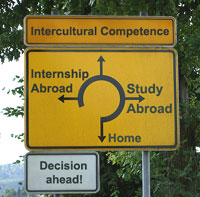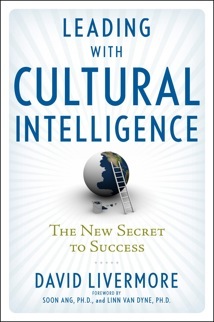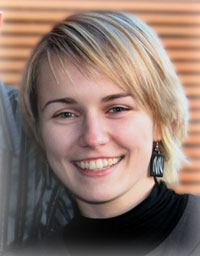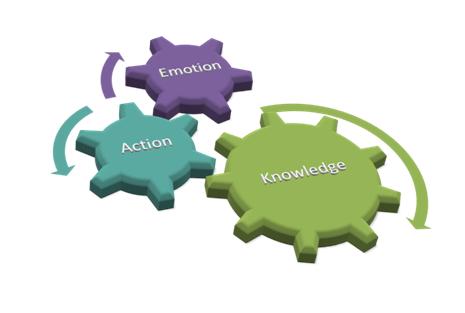 The unifying theme for this show is learning. Firstly learning by experience. Remember Greg Houfe from the UK who talked to us before starting a consultancy project in Denmark? As we’ll hear later he’s now not quite so sure that business practices are pretty universal within Europe. We’ll also be hearing about a very simple way of motivating people to improve their English by getting them to talk about aspects of their home culture.
The unifying theme for this show is learning. Firstly learning by experience. Remember Greg Houfe from the UK who talked to us before starting a consultancy project in Denmark? As we’ll hear later he’s now not quite so sure that business practices are pretty universal within Europe. We’ll also be hearing about a very simple way of motivating people to improve their English by getting them to talk about aspects of their home culture.
By the way, if you have any comments or suggestions about this show or suggestions for future shows then just leave a comment on our blog at www.absolutely-intercultural.com or send us a mail to the address shown on the blog.
absolutely experienced:
We start the show by being absolutely experienced. Remember we talked to Greg Houfe from the UK earlier in the year when there was a possibility of him getting some consultancy work in Denmark? He was trying to find out his intercultural quotient to see how ready he was to cross borders. Well he got the project and has been commuting over to Denmark for a couple of months now and I couldn’t resist getting back in touch to see how things were going.
absolutely sharing:
From learning by experience we’ll now hear about learning by sharing. Nellie Deutsch in Toronto, Canada came up with the simple idea of inviting people to prepare online presentations about their culture as a way of improving their English. The project is called Storytelling and cultures and you can see what goes on and join in yourself by going to their website at http://storytelling-cultures.ning.com (no longer active). What happens is that once a week someone volunteers to give an online presentation about some aspect of their culture and Nellie and her colleagues offer to help the presenter using Powerpoint and on annotating the pictures and also help with giving the actual presentation itself which happens in the free tool called wiziq. This simple idea turns out to be very powerful and attractive as we hear from Nellie herself.
Well that’s it for this show. I’m looking forward to hearing more about the Anna Lind event in Luxembourg on September 4th when Laurent will be hosting the show from Germany. Until then stay tuned!
The next show about the Bloggers Meeting of the Anna Lindh Foundation in Luxemburg will be coming to you on 4 September from Germany.
So long…stay tuned!
The host of this show is: Anne Fox
Editor: Jan Warnecke

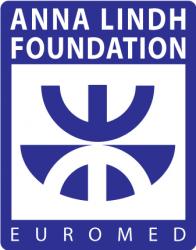 Today we have focused on innovative initiatives for intercultural training in the Euro-Mediterranean region and around the world. Please listen to some unusual and innovative approaches to engaging young people in intercultural dialogue.
Today we have focused on innovative initiatives for intercultural training in the Euro-Mediterranean region and around the world. Please listen to some unusual and innovative approaches to engaging young people in intercultural dialogue.